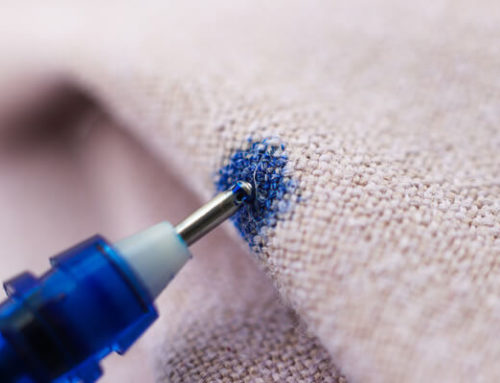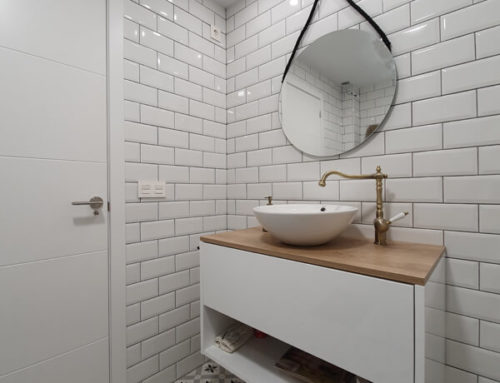Few people enjoy cleaning, but scrubbing the oven surely has to be one of the most dreaded tasks in any family. It’s such a nasty chore that it often gets left for months – even years. By then, the problem’s too tough to tackle without some help.
Self-cleaning ovens are great, but the cleaning mode can use a lot of energy and even blow a fuse if you’re not careful. Before you buy oven cleaner, try these four classic tips that could help you take a short cut.
How to Clean an Oven
Cleaning the oven isn’t a fun task, but you can make it easier by using the right products. Ammonia makes a great oven cleaner, but beware: it’s strong stuff, and the fumes are not to be messed with, so buy a face mask too. You don’t need much: 200ml mixed with 200ml water is plenty. After you’ve used the oven, stand the mixture inside in a glass bowl and leave it overnight.
If you don’t want to use ammonia, a mixture of bicarbonate of soda will help to remove baked-on dirt. Blend it to a fine paste and leave it for 12 hours.
At Efficient Cleaning, we are also big fans of Oven Pride.
Cleaning the Oven Trays
Are your oven trays crusty with burnt on grime? Try sprinkling biological washing powder liberally over the crunchy bits, filling to the brim with hot water, then leaving overnight (you might want to stand them in the bath to catch any drips). In the morning, you should find that the powder has done most of the hard work for you and you simply need to scrape off the remaining dirt.
You can also try using a steam cleaner, but be warned: the greasy smell that’s released isn’t all that pleasant.
Oven Door and Ceramic Hob Cleaning
Many an hour has been wasted scrubbing oven doors inside and out with different cloths and cleaners. It’s never a nice job, but the best way to get the muck off is to use the right tool: a glass scraper. They’re cheap, effective and green. Choose one that comes with replacement blades in the pack: you should use a different blade for your hob to your oven door to avoid damaging either.
Glass scrapers only cost a few pounds, but they’re useful for any glass surface. They also come in handy for scraping the stubborn algae off your aquarium, if you have one.
Making Stainless Steel Gleam
To finish off your cleaning job, clean your stainless steel as usual, then apply a very thin coat of baby oil using a microfibre cloth. The baby oil makes the stainless steel gleam, will smooth over any fine scratches and will stop fingerprints from accumulating as quickly. Remove any excess with kitchen paper.
Note: oil can attract dust and other particles, such as flour. If you’re planning on baking a cake with the kids, it might be better to avoid using baby oil in the kitchen beforehand. Otherwise, you’ll end up with a gooey mess.
When All Else Fails
If your oven’s reached the point of no return, let us help you to restore it to its former glory. Contact us today for a domestic cleaning quote.


